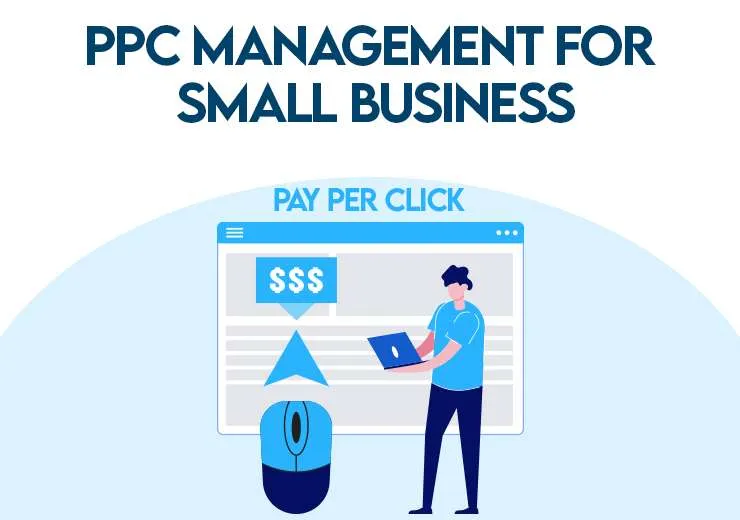PPC (Pay-Per-Click) advertising is a powerful tool for businesses to drive targeted traffic, generate leads, and increase conversions. Effective PPC campaign management is essential for maximizing the performance and ROI of your campaigns. In this blog post, we will explore the best practices that can help you optimize your PPC campaigns and achieve better results.
Setting Clear Campaign Goals
To ensure the success of your PPC campaigns, it is crucial to define clear goals. Start by identifying the specific objectives you want to achieve, such as increasing website traffic, boosting conversions, or improving brand awareness. Setting SMART goals (Specific, Measurable, Achievable, Relevant, and Time-bound) will provide a clear direction for your campaigns and allow you to track your progress effectively. By aligning your goals with your overall marketing objectives, you can ensure that your PPC efforts contribute to your business growth.
Learn more about setting SMART goals for PPC campaigns
Conducting Keyword Research
Keyword research forms the foundation of any successful PPC campaign. It involves identifying the right keywords and search terms that your target audience is using to find products or services similar to yours. By using tools like Google Keyword Planner, SEMrush, or Moz Keyword Explorer, you can discover relevant keywords with sufficient search volume and low competition. Focus on long-tail keywords, which are more specific and have higher conversion potential. Incorporating negative keywords can also help refine your targeting and reduce irrelevant clicks, ensuring better campaign efficiency.
Explore the best practices for keyword research in PPC campaigns
Crafting Compelling Ad Copy
Compelling ad copy plays a vital role in attracting clicks and driving conversions. Your ad should grab attention, clearly convey your value proposition, and entice users to take action. Start with a captivating headline that grabs the reader’s attention and entices them to learn more. Craft a concise and compelling description that highlights the benefits and unique selling points of your offering. Incorporate relevant keywords into your ad copy to improve relevancy and quality score. Remember to create multiple ad variations and run A/B tests to identify the most effective messaging for your target audience.
Discover tips for writing effective ad copy that drives conversions
Designing High-Quality Landing Pages
An optimized landing page is crucial for maximizing the conversion rate of your PPC campaigns. Ensure that your landing pages are visually appealing, user-friendly, and aligned with the messaging in your ads. A well-designed landing page should have a clear call-to-action, concise and persuasive content, and a visually pleasing layout. Optimize your landing pages for fast load times, mobile responsiveness, and easy navigation. Consistency between your ad copy and landing page content is essential to provide a seamless user experience and increase the chances of conversion.
Learn more about landing page optimization for PPC campaigns
By following these best practices for effective PPC campaign management, you can optimize your campaigns, drive targeted traffic, and achieve your marketing goals. Remember to continuously monitor and analyze your campaign performance, making necessary adjustments along the way. PPC advertising provides businesses with a powerful tool to reach their target audience and drive growth. Implementing these strategies will help you maximize the effectiveness of your PPC campaigns and achieve better ROI.
Ready to take your small business marketing to the next level? Trust the experts at Libra Web and Marketing Solutions to help you achieve your goals. Whether you need assistance with SEO, PPC advertising, web design, or social media marketing, our team has the knowledge and expertise to drive results. Contact us today to schedule a consultation and let us tailor a marketing strategy that suits your business needs. Together, let’s unlock the potential of your small business and watch it thrive in the digital landscape. Visit Lwam.co for more information.

